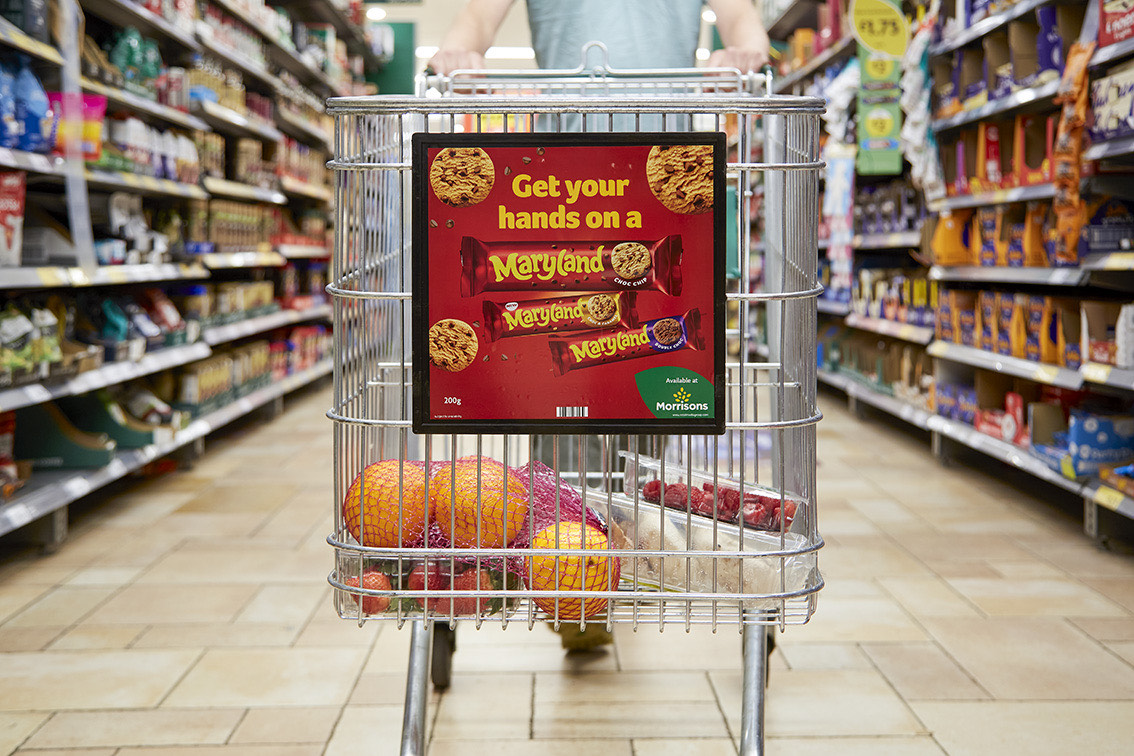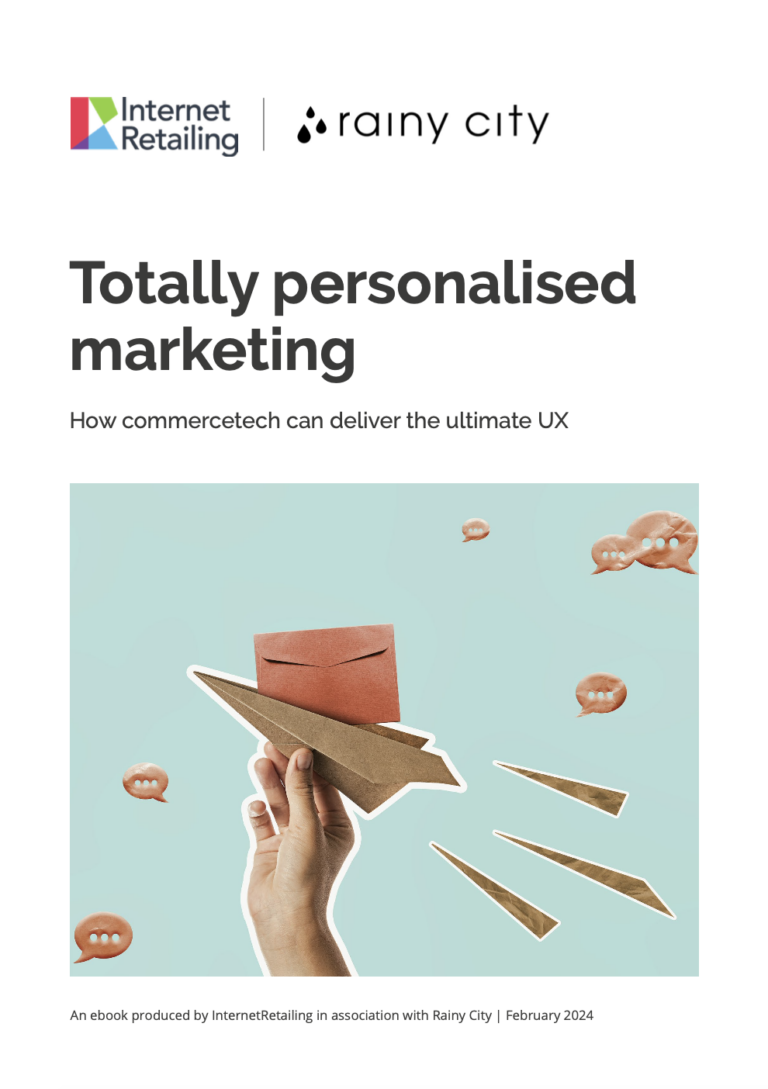Speed is no longer as important in ecommerce deliveries as how specific a delivery time shoppers are able to choose when they order, new research suggests.
The study, Online shoppers don’t always care about faster delivery, published in the MIT Sloan Management Review by academics from the University of Porto and the University of Chicago Booth School of Business, finds that grocery customers are willing to wait 10.8 hours longer for a delivery if the delivery window is one hour shorter. They will also wait 7.5 hours longer if they can have their delivery on a preferred day of the week.
The study analysed 152,195 transactions made by online grocery shoppers to understand their preferences, based on which option they chose of those that were shown as available.
Generally, the study finds, shoppers prefer to get their orders at the end of the week rather than at the weekend. Repeat customers, it seems, are willing to pay more for the same kind of delivery than other shoppers, while customers buying very large baskets will pay double the delivery cost in order to improve how specific the delivery window is by one hour.
“Precision instead of speed is key,” said report co-author Pedro Amorim, assistant professor of industrial engineering at the University of Porto. “Executing a strategy dedicated to speed alone can be expensive, particularly for grocery retailers, whose margins are notoriously thin. There is a less costly option worth considering: analyzing operational data about delivery patterns.”
The study makes four key recommendations. It first suggests that retailers invest in data and analytics infrastructure in order to understand customer behaviour, both online and offline, and then give cross-functional teams access to the data from both channels.
Secondly, retailers should focus in particular on analytics that show the attributes that customers prefer from the options they are offered at checkout to find out if customers are willing to pay differently for different types of delivery. Thirdly, retailers can use predictive analytics to find out whether different groups of customers prefer different types of delivery. Finally retailers should take their new understanding of how shoppers want to buy into developing new delivery strategies that reflect their specific customers’ needs.
“Analytically minded retailers can craft delivery time slots that are unique to each customer based on revealed preferences,” says study co-author Nicole DeHoratius, adjunct professor of operations management at the University of Chicago Booth School of Business. “I strongly encourage retailers to rethink their operations to optimize not only on speed but also the most appropriate combination of speed, precision, and flexibility.”










